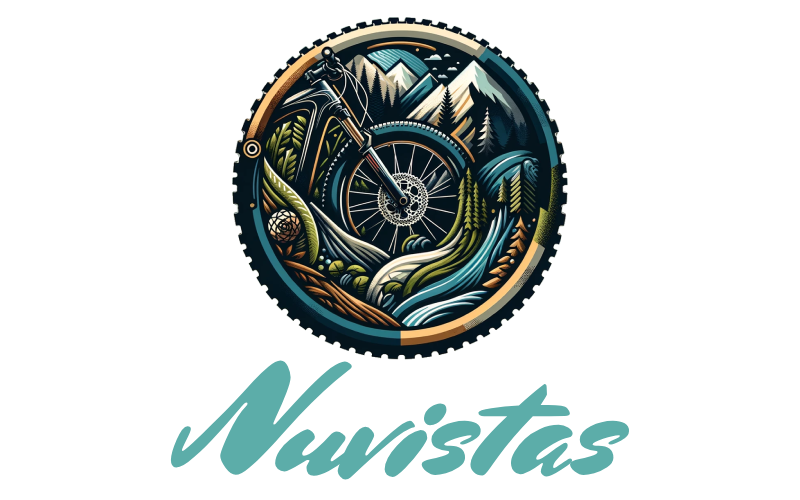Hunting is not just a pastime in North America; it is a tradition deeply interwoven with the continent’s history, culture, and ecology. From the ancient practices of Indigenous peoples to modern-day hunting enthusiasts, the traditions surrounding hunting are diverse and reflect a profound respect for nature and the wildlife that inhabits it.
Historical Roots
The roots of hunting in North America stretch back thousands of years. Indigenous peoples relied on hunting as a crucial part of their subsistence lifestyle. Tribes such as the Inuit, Lakota, and Navajo developed sophisticated methods for hunting animals like bison, deer, and seals. These practices were not only about survival but were also imbued with spiritual significance. Rituals, ceremonies, and a deep respect for the animals were integral aspects of the hunt.
For example, the Plains tribes’ bison hunts were highly organized and involved the entire community. The bison provided food, clothing, tools, and materials for shelter. The hunt was often preceded by spiritual preparations, including prayers and offerings, to honor the animal’s spirit and ensure a successful and respectful hunt.
European Influence and Evolution
With the arrival of European settlers, hunting traditions in North America began to change. Settlers brought new weapons, techniques, and a different perspective on hunting. Initially, hunting was vital for survival, much like it was for Indigenous peoples. However, as settlements grew, hunting also became a sport and a means of managing wildlife populations.
The introduction of firearms revolutionized hunting, making it more efficient and accessible. By the 19th century, hunting had evolved into a regulated activity with the establishment of game laws and hunting seasons. This period also saw the rise of the conservation movement, with figures like Theodore Roosevelt championing sustainable hunting practices and the creation of protected areas to preserve wildlife habitats.
Modern Hunting Traditions
Today, hunting remains a popular and respected tradition across North America, practiced by millions of enthusiasts. Modern hunters continue to uphold many of the values and practices passed down through generations, while also adapting to contemporary conservation principles.
Deer Hunting:
Deer hunting is one of the most widespread and cherished traditions in North America. States like Pennsylvania, Wisconsin, and Texas have rich deer hunting cultures. Hunters often participate in yearly hunting seasons, which are meticulously planned to coincide with the animals’ natural life cycles and ensure sustainable population management.
Waterfowl Hunting:
Duck and goose hunting are also prominent, particularly in the Mississippi Flyway, a major migratory route. Waterfowl hunting is often accompanied by the use of trained dogs, decoys, and specialized calls. The camaraderie and skill involved in waterfowl hunting make it a beloved tradition for many.
Big Game Hunting:
For those seeking larger game, elk, moose, and bear hunting provide thrilling challenges. States like Colorado, Montana, and Alaska are famed for their big game opportunities. These hunts often require extensive preparation, physical endurance, and knowledge of the wilderness.
Ethical Hunting and Conservation
Modern hunting in North America is deeply tied to conservation efforts. Hunters contribute significantly to wildlife management and habitat preservation through licensing fees, taxes on hunting equipment, and active participation in conservation organizations. The North American Model of Wildlife Conservation, which emphasizes sustainable use and scientific management, ensures that wildlife populations are maintained for future generations.
Hunters today are often seen as stewards of the land, balancing the need for population control with the ethical considerations of fair chase and respect for the animal. Many hunters follow a code of ethics that includes making clean, humane kills, using as much of the animal as possible, and adhering to all regulations and seasons.
Cultural and Social Aspects
Hunting traditions are not just about the hunt itself but also the rich social and cultural practices that surround it. Hunting camps, often passed down through families, become places where stories are shared, skills are taught, and bonds are strengthened. Annual hunting trips can be pivotal family events, fostering a deep connection with nature and heritage.
Moreover, wild game feasts are a cherished part of the hunting tradition. Venison, wild turkey, and other game meats are prepared and shared in community gatherings, celebrating the successful hunt and the bounty of nature.
Conclusion
Hunting traditions in North America are a testament to the continent’s rich cultural tapestry and its profound relationship with the natural world. From ancient Indigenous practices to modern conservation efforts, hunting remains a vital and respected tradition. It embodies a deep connection to the land, respect for wildlife, and a commitment to sustainable practices that ensure these traditions can be enjoyed for generations to come.
